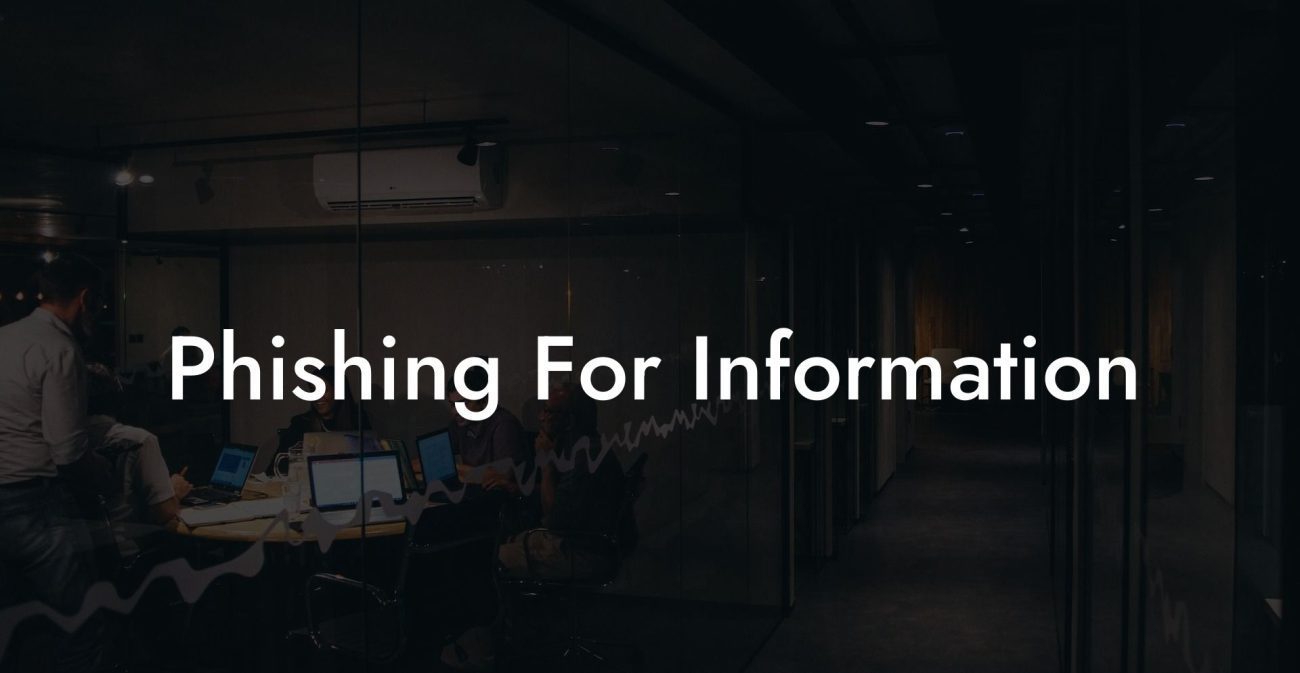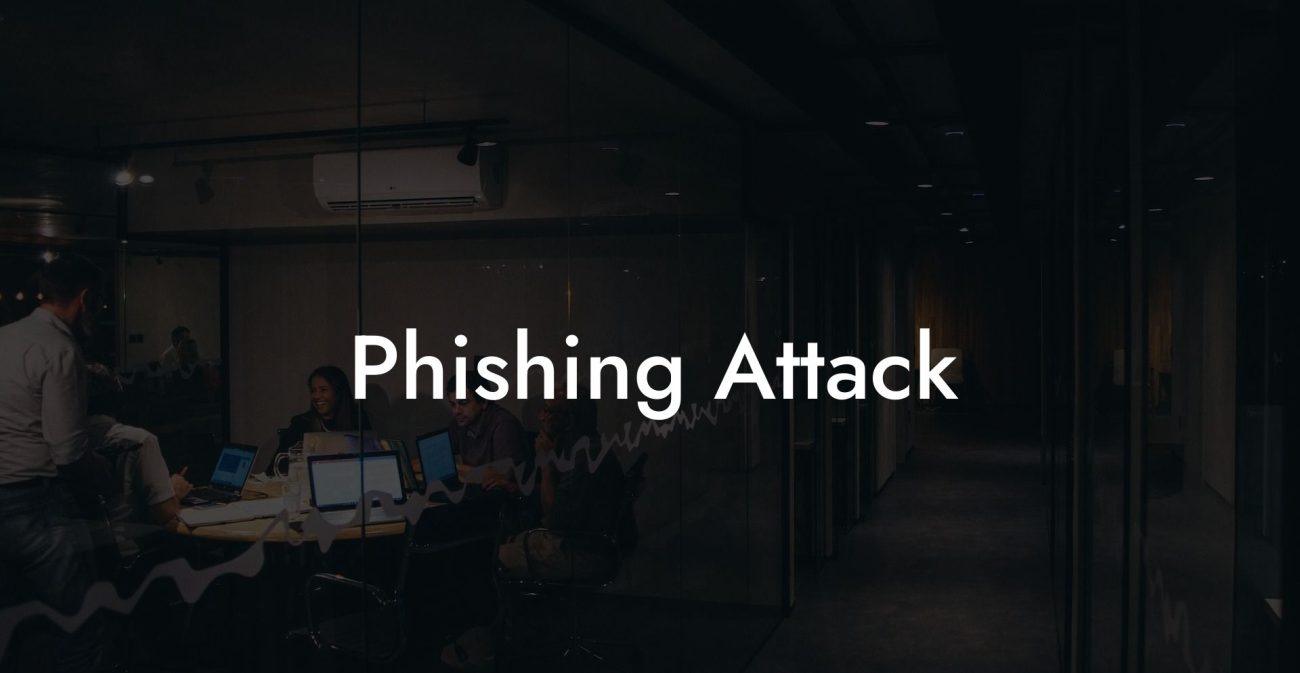As technology continues to advance, scammers are becoming more sophisticated with their methods. Voice phishing, also known as vishing or phone phishing, is a common tactic used by fraudsters to trick unsuspecting individuals into giving up sensitive information over the phone. In this in-depth guide, we will explore the meaning behind phishing trips and share valuable tips on how to protect yourself from voice phishing scams. So, get ready for an enlightening and engaging journey into the world of voice phishing!
Phishing Trips Meaning Table of Contents
How Do Voice Phishing Scams Work?
What Do Phishing Trips Mean?
Phishing trips refer to the process of scammers attempting to obtain personal or financial information from individuals through deceptive phone calls, emails, or even text messages. In voice phishing scams, the fraudster poses as a representative from a reputable organization, such as a bank, government agency, or utility company, in order to deceive their target into providing sensitive information. This information can be used for identity theft, financial fraud, or other malicious purposes.
How Do Voice Phishing Scams Work?
Protect Your Data Today With a Secure Password Manager. Our Top Password Managers:
Now that you know the meaning of phishing trips, let's delve into the world of voice phishing scams and explore how they work. Most voice phishing scams follow a similar pattern:
1. The scammer calls the target, pretending to be from a trustworthy organization.
2. The scammer creates a sense of urgency or fear, such as claiming the target's account has been hacked or their personal information has been compromised.
3. The scammer requests sensitive information, such as account numbers, passwords, or Social Security numbers.
4. The target, believing the situation to be genuine, provides the requested information.
5. The scammer, now armed with the target's sensitive information, proceeds to commit fraud or identity theft.
Real-Life Example of a Voice Phishing Scam
To better understand how voice phishing scams work, let's take a look at a real-life example. You receive a call from a number that appears to be from your bank. The caller introduces themselves as a bank representative and informs you that there have been suspicious activities on your account. They claim that for security reasons, they need to verify some information before discussing the issue further.
Feeling concerned, you provide them with your account number and PIN as requested. Later, you discover unauthorized transactions on your account, and upon contacting your bank, you learn that the call was not legitimate.
How to Protect Yourself from Voice Phishing Scams
Now that we've explored the meaning of phishing trips and taken a deep dive into how voice phishing scams work, it's time to learn how to protect ourselves from these malicious activities. Here are some tips on how to stay safe from voice phishing scams:
1. Never provide sensitive information, such as passwords or financial details, over the phone or through email. Reputable organizations will never ask you for this information through these channels.
2. If you receive a suspicious call, hang up and call back the organization using the official phone number published on their website or your account statements rather than the number provided by the caller.
3. Be cautious of caller ID, as scammers can use technology to spoof phone numbers, making it appear as if they are calling from a legitimate organization.
4. Keep your personal information and online accounts secure by using strong, unique passwords and enabling multi-factor authentication where available.
5. Stay informed about the latest phishing scams and tactics by regularly visiting trustworthy blogs and websites, like Voice Phishing, dedicated to raising awareness about voice phishing scams.
Phishing trips are deceptive tactics used by scammers to obtain sensitive information from unsuspecting individuals for malicious purposes. By understanding the meaning behind phishing trips, knowing how voice phishing scams work, and implementing the above safety tips, you can significantly reduce your risk of falling victim to these scams.
Remember to always stay vigilant, trust your instincts, and never provide sensitive information over the phone or through email. Share this engaging and informative guide with your friends and family to help them stay safe from phishing trips and visit Voice Phishing for more tips and insights into voice phishing scams.
Protect Your Data Today With a Secure Password Manager. Our Top Password Managers:















